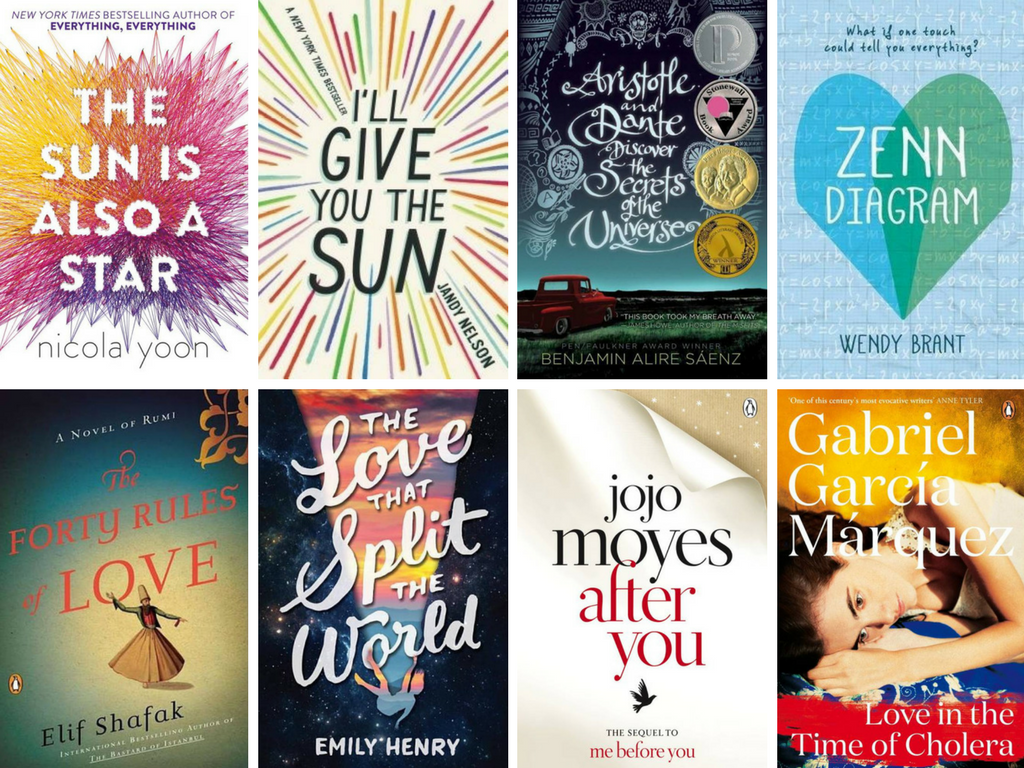
In a world where we’re all searching for meaning, connection, and healing, Life Unwritten arrives as a book that feels like a gentle whisper to the soul. The author, known for their deeply reflective and heartfelt writing, takes readers on a journey through emotions, self-discovery, and the beauty found in life’s uncertainties.
In this intimate conversation, we sit down with the author to explore the story behind Life Unwritten, their writing process, and what it truly means to write from the heart.
Q1. What inspired you to write this book, and what was the moment you knew you had to put these feelings into words?
Answer:
Life Unwritten was born out of the quiet moments, the ones where I found myself overthinking, healing, and learning all at once. I’ve always believed that life doesn’t come with a manual, and sometimes the only way to understand it is to write through it. The idea of this book came to me during one of those phases when everything felt uncertain, yet strangely beautiful. I wanted to turn my reflections, and my realizations into words that others could see themselves in. The moment I knew I had to write it was when I realized how many people feel what I feel but never say it out loud. This book became my way of saying that you’re not alone, your emotions are valid, and your story is still being written.
“That’s such a beautiful reason to write transforming uncertainty into connection.”
Q2. How did you manage to pen your feelings in a way that your readers relate to them?
Answer:
I think the secret lies in honesty. I didn’t try to make my words sound perfect, I just wrote them as they were felt. Every chapter in “Life Unwritten” comes from real emotions, real moments, and real people. I believe when you write with vulnerability, it naturally connects. I wanted readers to find pieces of their own within it. So I wrote as if I were having a heart-to-heart conversation with someone who needed to hear that they aren’t alone in what they’re feeling. I think that’s what makes it relatable, it’s not about fancy words, it’s about truth in its rawest form.
“Honesty really does create that bridge between writer and reader it’s refreshing to see such vulnerability in writing today.”
Q3. With writing something as personal as this book, do you feel burdened to write the right thing or is your motive to simply convert your feelings to paper?
Answer:
Honestly, I never sat down to write something “right.” I sat down to write something “real.” When you start worrying about what’s right, you lose the rawness that makes writing powerful. For me, writing has always been a form of release, a way to understand what my heart feels before my mind can explain it. I didn’t want to filter my emotions or make them sound perfect. I wanted to translate them exactly as they were. Of course, there’s always a sense of responsibility when you know your words will reach others, but my motive has always been to stay authentic. If my words can comfort, heal, or simply make someone pause and feel, that’s enough for me.
“That’s such a grounding perspective choosing realness over perfection is exactly what makes your work so relatable and genuine.”
Q4. What do you want your readers to take away from this book?
Answer:
I want my readers to close this book with a softer heart, towards themselves, towards others, and towards life. “Life Unwritten” isn’t about finding all the answers, it’s about accepting that sometimes we won’t have them, and that’s okay. I want them to realize that pain, loss, joy, love, they’re all chapters of the same story, and each one matters. If my words can make someone feel seen in their silence, understood in their confusion, or hopeful in their healing, then this book has done what it was meant to do. More than anything, I want them to remember, life doesn’t need to be perfect to be beautiful, it just needs to be lived, truly and wholeheartedly.
“That message that imperfection can still be beautiful truly resonates.”
Q5. Since this is your second book, how was it different to work with than the first?
Answer:
My first book was more like an introduction, a collection of emotions I had long carried within me, expressed through poetry. It was raw, personal, and written from a place of feeling. But “Life Unwritten” felt different. It wasn’t just about expressing emotions anymore, it was about understanding them. This book demanded more reflection, more honesty, and a deeper connection with life itself. With my first book, I was learning to use my voice. With this one, I was learning to trust it. The process was slower, more reflective, but also incredibly fulfilling, because it felt like I wasn’t just writing for myself anymore, I was writing for everyone who has ever felt lost, loved, broken, or in search of peace.
“That growth between your first and second book is inspiring it’s like watching an artist evolve through their own introspection.”
Q6. Did your writing process evolve between the two books as you venture further into the writing journey?
Answer:
Yes, it did. With my first book, I wrote whenever emotions overflowed, almost like journaling my heart out. But with “Life Unwritten” I learned to pause, observe, and then write. I started understanding that writing isn’t only about expressing what we feel, but also about translating it in a way that others can feel it too. I became more patient with my thoughts, more mindful of my words, and more connected to my purpose as a writer. Earlier, I used to write to release emotions, now I write to reach people. That shift from expression to connection is what truly shaped my journey between the two books.
“That evolution from self-expression to connection beautifully mirrors the maturing of a writer’s purpose it’s wonderful to see.”
Q7. How is writing an entire book different from contributing to an anthology, as you have done plentiful times, except for the length of content?
Answer:
An anthology lets you share a glimpse of yourself, a book lets you share the whole journey. It’s the difference between a single moment and a full story. It’s not just about one emotion or one thought, but about how every chapter flows into the next to tell a larger story. Writing “Life Unwritten” taught me how to hold that thread from beginning to end.
“That’s such a poetic way to describe it from moments to journeys. It truly captures the difference between short contributions and a complete book.”
Q8. Would you say that this is your genre of writing? Do you also read books from this genre?
Answer:
I think of this more as my natural voice than a strict genre. I write what I feel and observe, emotions, life lessons, and reflections, so my work tends to lean toward reflective, realistic, and heartfelt writing. As for reading, yes, I am drawn to books that explore life, emotions, and human connections, because they inspire me, challenge me, and sometimes give me new ways to express my own thoughts. But I also read widely, poetry, fiction, philosophy, because every form teaches me something different about writing and seeing the world.
“That openness to different genres really shows in your writing it brings depth and diversity to your reflections.”
Q9. Speaking of your writing journey, do you plan to continue exploring? If yes, what does your next project look like?
Answer:
Yes, writing has become a part of who I am, and I’ll write as I shape myself. Each book teaches me something new, about life, about people, and about myself, and that naturally fuels the next project. While I’m still exploring the exact shape of my next work, I know it will continue to focus on human emotions, relationships, and the quiet lessons life gives us. I want to dive deeper, experiment a little, and perhaps bring new perspectives to my readers while staying true to the honest, heartfelt voice that connects us all.
“It’s exciting to hear that your journey is still unfolding we can’t wait to see where your next words take us.”
Q10. How was your publishing experience? If you were to give advice to aspiring authors, what would it be?
Answer:
Publishing was a journey of patience and learning. My advice to aspiring authors would be simple, write fearlessly, trust your voice, and keep going. The world needs your story, exactly as only you can tell it.
“Aspiring writer should hold onto those words.”
As our conversation comes to an end, it’s clear that Life Unwritten is more than just a book it’s an experience, an embrace for anyone learning to navigate their own chapters. The author’s words remind us that imperfection, vulnerability, and emotion are not weaknesses, but the essence of being human.
If you’re looking for a read that makes you pause, reflect, and breathe a little softer, Life Unwritten might just be the story your soul needs.



























